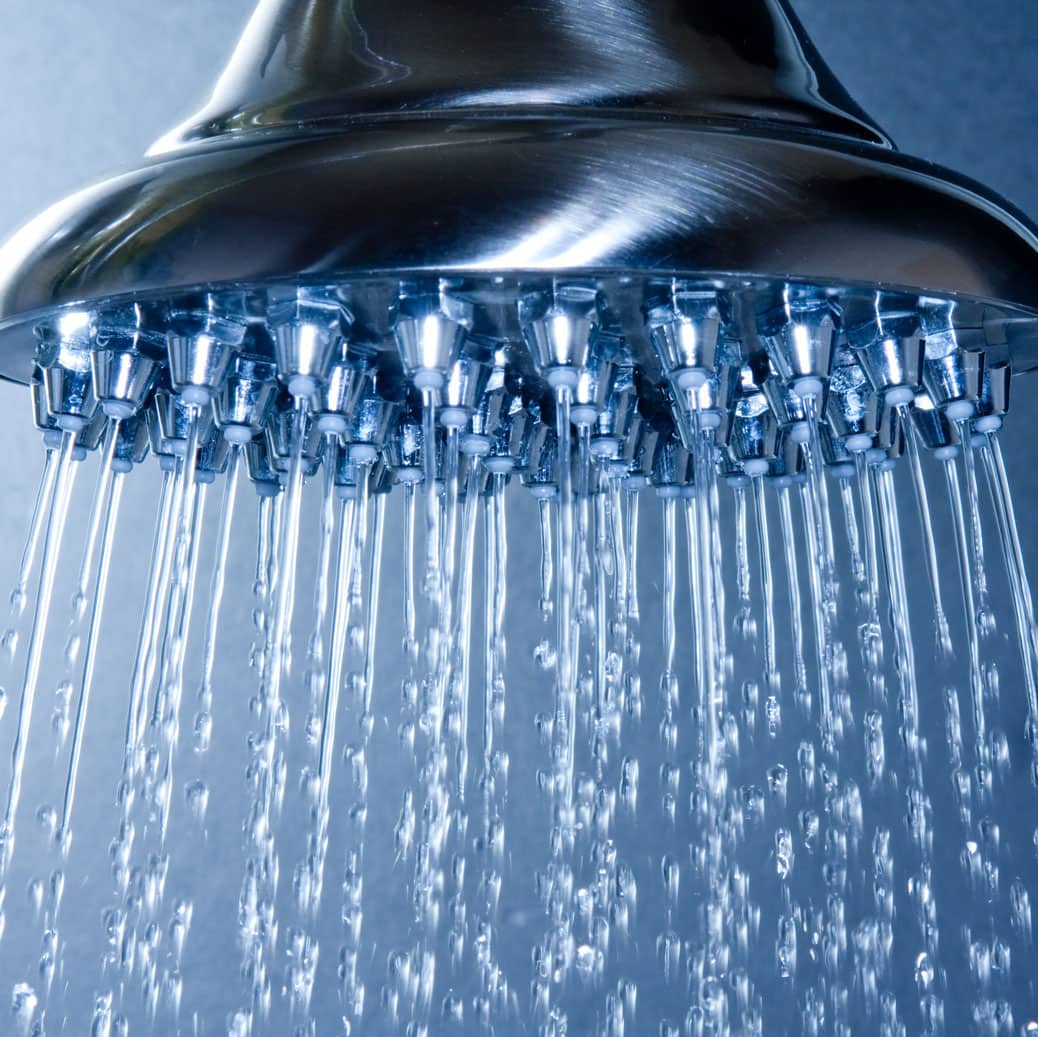What are the different types of water softeners?
There are two main types of water softeners: salt-based and salt-free.
Salt-based water softeners use a process called ion exchange to remove minerals from hard water. As hard water passes through the system, the calcium and magnesium ions are attracted to the sodium ions on the beads, and they exchange places. The calcium and magnesium ions are removed from the water, while the sodium ions take their place. This results in water that is much softer, as it no longer contains the hard minerals that were causing problems.
Salt-free water softeners do not use ion exchange to remove minerals from the water. Instead, they use a process called template-assisted crystallization (TAC) to change the structure of the minerals in the water, making them less likely to stick to pipes and appliances. While salt-free water softeners do not actually remove minerals from the water, they can still be effective at reducing scale build-up and improving the overall quality of the water in your home.
There are also hybrid water softeners, which combine elements of both salt-based and salt-free systems. Hybrid systems may be more effective at treating hard water, but they can also be more expensive to install and maintain.
How do water softeners work?
Water softeners work by using ion exchange to remove minerals from hard water. Hard water contains high levels of minerals, such as calcium and magnesium, which can cause a variety of problems in your home, including spotty dishes, soap scum buildup, and reduced effectiveness of cleaning products.
A water softener system consists of a tank filled with tiny polystyrene beads, which are coated with a substance called sodium ion. As hard water passes through the tank, the calcium and magnesium ions are attracted to the sodium ions on the beads, and they exchange places. The calcium and magnesium ions are removed from the water, while the sodium ions take their place. This results in water that is much softer, as it no longer contains the hard minerals that were causing problems.
After a certain period of time, the sodium ions on the beads will be exhausted, and the water softener will need to regenerate. During the regeneration process, a salt brine solution is used to rinse the beads and replace the sodium ions. The calcium and magnesium ions are then flushed out of the system, and the water softener is ready to use again.
